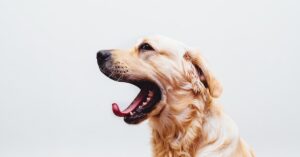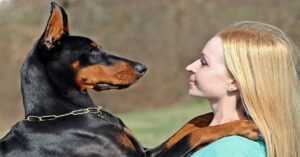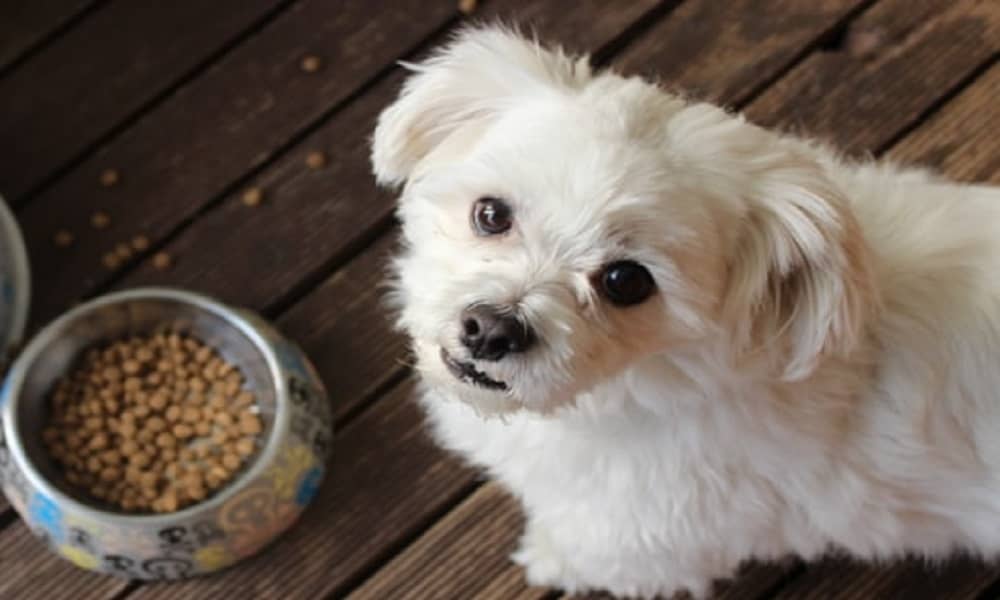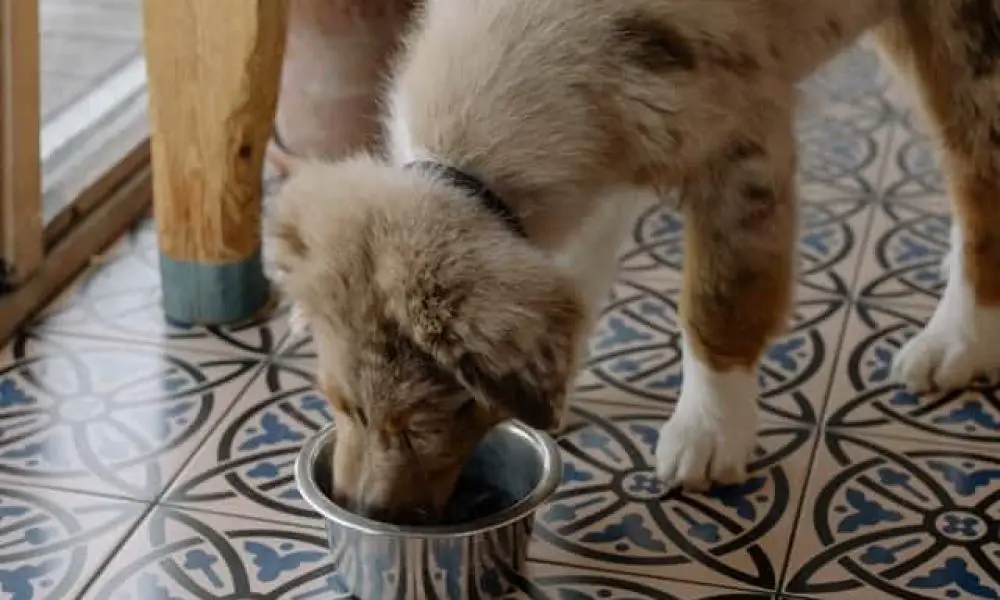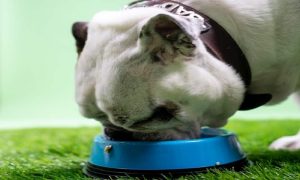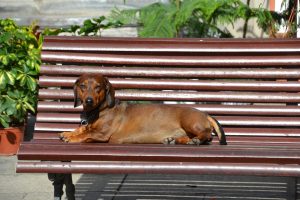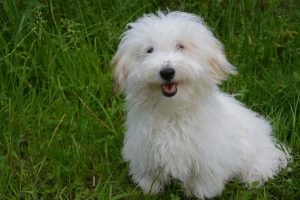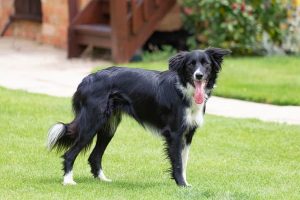WHY IS MY DOG ITCHY AFTER A BATH ?
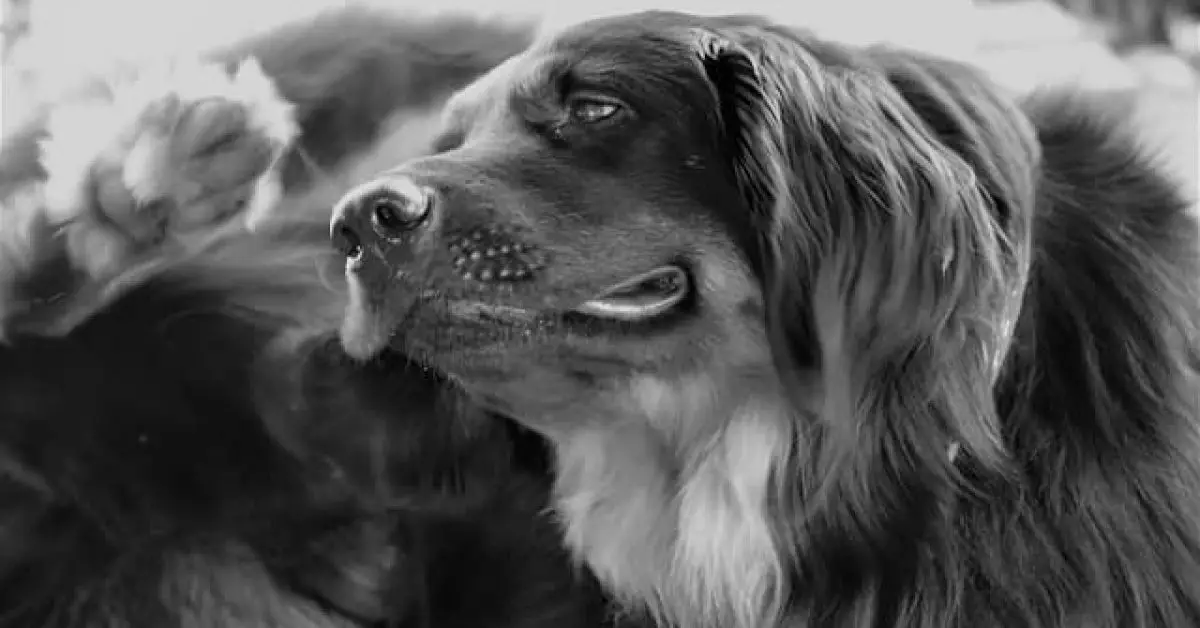
Although it is normal for your dog to scratch an itch from time to time. It can be a little more troubling if it occurs more frequently than normal. Moreso, if you have given your dog what you believe to be the perfect bath and he or she is still itchy and goes around scratching himself. It keeps you asking yourself “Why is my dog itchy after a bath?”
There are so many reasons why your dog would be itchy after a bath. We will try to address each of them and also the ways in which you can handle the situation.
Wounds and Injuries.
If your dog gets bumps after a bath and is still itchy, the first likely cause of this problem would be a wound or injury. You see unlike human beings, dog skins are more delicate. The hair coverage gives the impression that it is thick but this is not so. Why stress, this point? Well, it gives to common reasoning that if their skin is delicate, then it is also easy for them to wound themselves or injure themselves. Especially those that have more free-range and areas to explore.
Thorns, broken sharp objects, glasses, stones, nails, etc. All these can lead to a dog being wounded or injured.
Now, dogs having only paws and not hands like us can only try to ease the discomfort felt by trying to paw on the region (if their paws can reach it). The sensation or need to paw on the itchy region is more heightened after taking a bath and you will find most dogs with wounds or injuries acting itchier at this stage.
Compare it to yourself having a wound on your leg or arm. If you take your bath, depending on the severity of the injury, you might feel more pain in that area, more importantly, you will feel the need to check up on this wound more often immediately after the bath. The same thing applies to a wounded or injured dog.
Bad Grooming.
Well, not necessarily bad grooming. When a dog goes for grooming, so many things are at play most importantly, is this the first time he or she is going for the grooming? You see most times a dog itching after bath grooming and other unusual behaviors are common.
One of the major things done while grooming a dog is shaving or trimming its hair. Now if the hair is matted badly and cannot be untangled by brushing it, the shaving of the hair may reach the skin of the dog. In fact, there may be a need to use scissors in those areas to get rid of these trouble spots in the dog. In fact, most dog groomers would opt to shave off most bad matted hair on the dog for better grooming. This would be evident in the release or consent forms you would have signed indicating what may be used and done on your dog and absolving the groomers from the consequences.
Now because of the process of removing the badly mangled or matted hair, your dog may end up having coarse hair in those areas, there is also the possibility of razor burns and even scissors cuts on the dog’s skin. All these can lead to itchiness in your dog. This itchiness would even be more pronounced after they take their bath.
The best way to manage this situation is to have your dog regularly groomed to prevent the matting of their hair in the future. Brushing your dog’s hair on regular basis will also go a long way in making sure they don’t get entangled. There is also the option of using medicated shampoo and anti-itch creams to reduce the intensity of the itching on your dog.
Of course your would need to get professional advice before embarking on the above.
Wrong or Bad Products.
A common mistake some dog parents make is to use Human Shampoo in bathing their dogs. Doing this is not good for your dog as it leaves their skin dry. You see, as humans, we sweat through our skins. This act leaves extra oil from the sweat on our skin and the human Shampoo is meant to remove or cleanse this extra oil.
For a dog’s skin, the oil on the skin surface is a scarce resource. This is due to the simple reason that they do not sweat or perspire through their skins but their paws and mouth. The oil on their skin is a scarce resource so using a human shampoo will rob will your dog of this scarce resource leaving their skin dry and flaky which also makes the skin itchy.
You should only use dog shampoo to bathe your dog. Dog shampoos are made to remove only the dirt on your dog’s skin without affecting the oil there and even at that you should use the one suited for your dog, for example, there are dog shampoos for hairy dogs and ones for dogs that are not so hairy.
Also, note that rinsing of the dog shampoo used in bathing your dog properly will also help him or her not to itch after a bath. You may consider diluting the concentration of the dog shampoo you are going to use.
This also goes for the conditioner which you are going to use when bathing your dog. Use only a dog conditioner as using a human conditioner would cause unnecessary irritations on the dog’s skin and also lead to your dog being itchy after a bath.
Not Bathing them properly.
If you are saying “My dog is constantly scratching and biting himself” after a bath then there is a high possibility that you did not bathe them properly. Here are some pointers that are usually good indicators that you are not bathing your dog well.
i. Unclean ears: Your “dog itching ears after bath” can be a sign of their ears not being clean or even an ear infection. Anytime a dog’s ear gets wet, it should be cleaned properly. This is so true especially for dogs with big flappy ears as they have the perfect condition to hide dirt, germs and develop yeast infections.
The best way to take care of your dog’s ears is to clean them before bathing them and apply a few drops of an ear cleaning solution after bathing them. The ear cleaning solution will help to maintain the ph balance in the dog’s ear such that bacteria or yeast infections cannot develop here.
In cases where your dog’s ear gets wet first e.g playing at the lake, walking under the rain, etc. You will have to dry the dog’s ear first, clean it, and then apply the ear cleaning solution.
ii. Hair Breakage: This is usually the case when the dog shampoo is not rinsed off properly and becomes more obvious when the conditioner is not applied. Hair breakage can be worrisome because it will make your dog not just look unkept, your dog will still be feeling itchy after the bath.
iii. Dry and Itchy skin: This usually occurs when the wrong products are used to bathe the dog. A good example is using a human shampoo to bathe your dog. This automatically has the effect of removing all-natural oil from their skin, drying the dog’s skin, and making them itch.
iv. Your dog gets dirty easily after bath: Basically, if you do not bathe your dog properly, your dog can easily fall back into the dirty dog he was before you gave him a bath. We will discuss later how to bathe a dog that itches after the bath but for now, let’s conclude on the several things that can make your dog itchy after a bath.
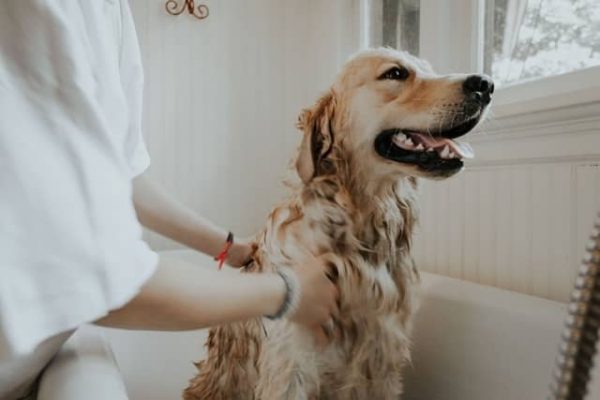
External Parasitic Infections.
There are three major external Parasitic infections that trouble our dogs. They are very irritating to them, increasing scratching and itchiness even after a bath. These parasitic infections are:-
Fleas: If you have been bathing and grooming your dog and he or she still displays signs of itchiness, then fleas can be the problem here. Every dog owner would have had an encounter with dog flea problems. Fleas just love sucking dogs’ blood and feeding off them.
Apart from bathing and grooming your dog, a major way of dealing with the fleas problem is to make sure that your immediate environment is free of fleas. Next is for you to invest in flea shampoos, conditioners, and flea powders. You bathe the dog with the flea shampoo and conditioner, then you use the flea powder on the dog after you have dried him up. This will act as a repellant to the fleas and with time keep them totally away from your dog.
If still “dog itchy after flea bath” then contact your vet doctor for further assistance.
Ticks: another problematic parasitic host. Just like Fleas, ticks can easily be found in areas around us, from wood to grass areas, ticks may abound. Ticks cause a lot of irritation and itching to our dogs, making our dogs anemic by living off their blood, but worse still ticks carry with them a variety of diseases that can be spread from dogs to human beings.
Having said the above, the best way to prevent a tick infestation is to apply a topical tick preventive treatment. Doing this on a monthly basis will help prevent or cure a tick infestation.
Lice: This is another external parasitic infection that is problematic to our dogs. Although rare, lice are small flightless insects that live in the hair or feathers of animals and people. In this case, we are talking about our dogs. They have that itching characteristic, signs that follow a lice infestation are scratching, biting, and rubbing of infested areas.
When the infestation is in excess, the dog would have matted hair, wounds that can lead to other diseases, and a rough, dry coat.
The major way of treating a lice infestation is by using an approved insecticide on them. Of course, you will need to liaise with your vet doctor to give you guidance on which insecticide to use and probably other medications that may be needed.
Seasonal dryness.
Seasonal changes in temperature especially dry seasons can lead to itching in dogs. This is more prominent especially in dry seasons. Most dog skins would get dry and flaky making them irritating, itchy, and uncomfortable for the dog. This can also lead to your dog having dandruff Treating dry and flaky skin may require oral medications or injectables to treat them especially at the severe stages.
You can prevent your dog from suffering from severely dry and flaky skin by following the steps below during the dry seasons.
a. Brush your dog’s hair once or twice daily to remove skin flakes and loose hair, and to also stimulate the dog’s skin’s natural oil.
b. You should reduce the frequency of baths your dog gets during dry seasons and use a moisturizing shampoo and conditioner made specifically for dogs to help them replenish any skin oil lost from bathing them.
c. Be sure to feed your dog quality diet and supplements during this period. This is the only way your dog can maintain a healthy skin and produce the right amount of skin oil needed to keep it fresh.
d. Also make sure your dog is properly hydrated by providing them with fresh clean water. Even mild hydration at this stage can lead to dry, flaky skin.
e. Use humidifiers in your home to maintain a moist atmosphere for your dog.
Bad diet.
Simply put, feeding your dog the wrong nutritional component can lead to skin lacking natural moisturization which in turn will lead to your dog being itchy before and after a bath.
Aim to feed your dog not just quality but also a nutritionally balanced diet. Apart from the carbs and proteins, also ensure that there is a balance of antioxidants, omega-3, and omega-6 fatty acids. These together help your dog to maintain a healthy skin which in turn gives your dog a perfectly maintained coat.
How do I get my dog to stop itching after a bath?
Truth be told there is no one answer fits all when it comes to giving a bath that can stop your dog from itching. From your dog’s perspective, anything that can stop the itching they are experiencing is a welcome development. If you are going to give your dog a bath, take the following points into consideration before proceeding with the bath.
i. Consult your vet doctor to find out the cause of your dog’s itching. Depending on the cause, the appropriate treatment would be suggested to deal with it and you are expected to follow it religiously.
ii. Use the appropriate dog shampoo and conditioner for your dog. Your vet doctor should also be able to suggest a dog shampoo that fits your dog’s situation and helps to maintain the ph level of their skin properly.
iii. Be sure to rinse your dog well of any shampoo or conditioner used to bathe your dog.
iv. Be sure to adhere to the medication prescribed for your dog in all conditions be it an injury, wound, or parasitic infection.
v. Be very careful when using any type of essential oil product on your dog. Follow the instructions religiously as any mistake can lead to poisoning in your dog.
DOG CARE
DOG PRODUCTS
DOG BREEDS

Hi, I am Charles Nwankwo Editor-in-Chief, Mydoggything.com. Gleaning from Professional Dog Trainers, behaviorist, Registered Veterinarians, and Breeders. We are passionate about making dog care easy for you. My job is to make sure that you get the best-updated dog care information to understand and take care of your dog or dogs.

